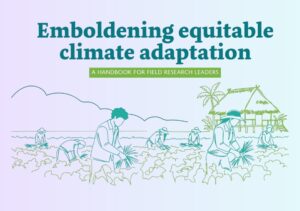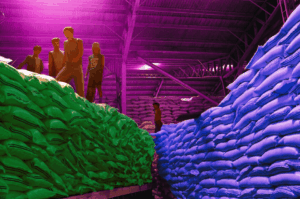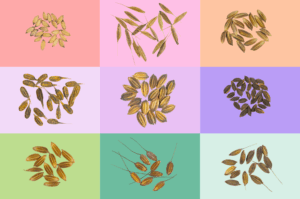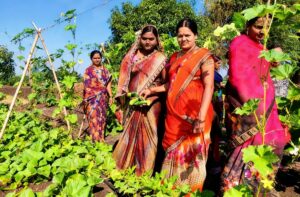Fiji will be self-sufficient in rice within 20 years, according to the country’s Minister for Agriculture.
The minister cited increasing rice productivity. In 2018, Fiji was about 16% self-sufficient which rose to about 20% in the past three years.
In the next 20 years or so, local rice production is projected to meet local demand.
Read the story @Fiji Times
More on attaining rice self-sufficiency:
IRRI joins other CGIAR Centers to help Africa achieve 90% rice self-sufficiency by 2025
IRRI’s efforts in the region will complement national agriculture priorities and a continent-wide strategy. The plan aims to reduce reliance on rice imports and reach 90% rice self-sufficiency by 2025. IRRI initiatives that support these priorities include the deployment of high-yielding and climate-smart rice varieties, dissemination of locally adapted best practices in crop management and intensive farming, building the capability of rice scientists, and fostering partnerships that work towards efficient, sustainable, and profitable rice-based systems.
Nepal, IRRI strengthens collaboration to achieve self-sufficiency and reduce rice importation at 15th National Rice Day
Rice importation eats up a substantial chunk of Nepal’s national budget each year, adversely affecting economic development in the country. In order to reduce rice import and help Nepal achieve its commitment to rice self-sufficiency, IRRI is working in the country to speed up the translation of innovative global solutions to the local needs of the rice value chain. Together with national partners, IRRI is accelerating the impact of its research through scaling up technology adoption and teaching local rice stakeholders.
Sri Lanka, IRRI set priority areas to restore rice self-sufficiency
The Sri Lankan Ministry of Agriculture and the International Rice Research Institute (IRRI) signed an agreement to begin restoring the country’s rice self-sufficiency.
“Sri Lanka’s drive to restore rice self-sufficiency aligns with our goal in ensuring food and nutrition security in the region,” said Dr. Morell. “The Heads of Agreement that has been formalized now will help the Institute coordinate its efforts in supporting the Government of Sri Lanka as it strengthens the resilience of its rice and rice-based agri-food systems against climate change,” he added.










